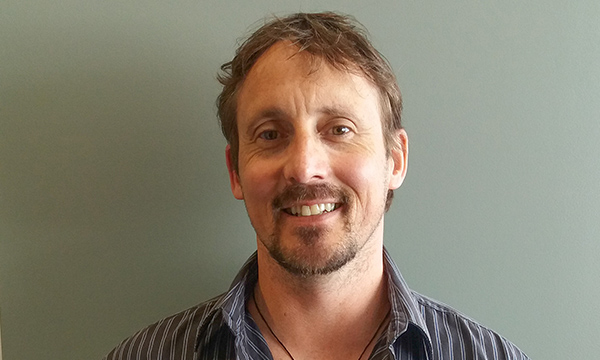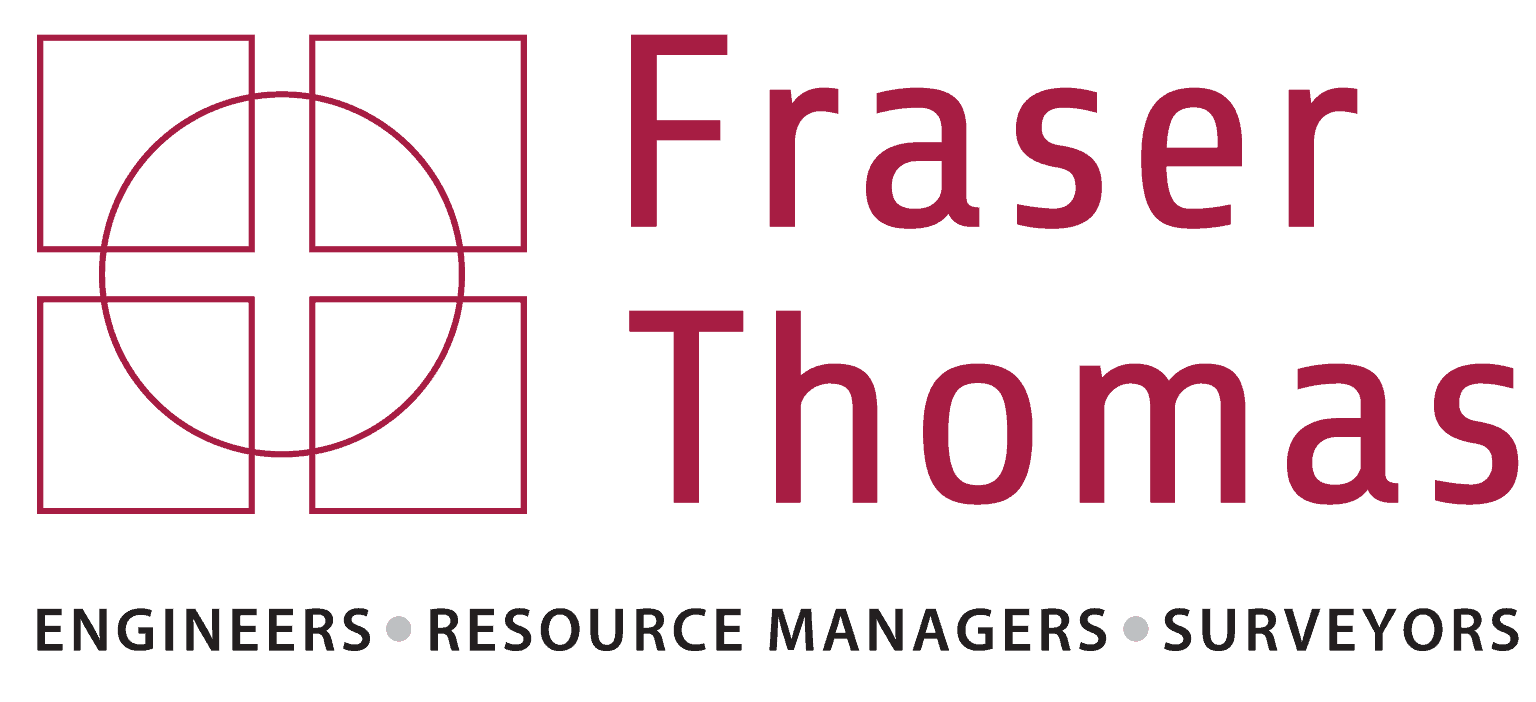
12 Oct Expert Witnesses in the High Court
There have been some High Court judgements passed down recently which are now available for the public to view. These judgements relate to matters arising between homeowners and insurers and make for interesting reading. The court proceedings have been undertaken because the two parties have not agreed on an appropriate repair strategy to address earthquake related damage to houses in Christchurch. Invariably the two parties are poles apart on what they deem to be an appropriate repair, with the homeowners, in these recent court hearings, claiming that the house needs to be completely rebuilt, while the insurers maintain that the earthquake damage sustained by the structure can be remedied by appropriate repair works.
In these court proceedings the two parties rely on the opinions of various expert witnesses, which for matters relating to buildings affected by earthquakes, normally involves structural and geotechnical engineers. Expert witnesses in High Court proceedings are required to provide their expert opinion to the court and are not supposed to act as advocates for their clients (that’s the barrister’s job). It is my experience that engineers who do not present their evidence in an objective manner are quickly exposed as “advocates” in the court environment and, as a result, their evidence is not typically looked upon favourable by the presiding Judge. In the recent High Court proceedings, the Judge was, shall we say, less than impressed with the behaviour of the homeowner’s expert witnesses and, as such, did not pass judgement in their favour. The non-objective nature of the homeowner’s expert witnesses did not help their case.
Engineers should always undertake their work in accordance with our Code of Ethics, so as to maintain our professional integrity and so that the public has the utmost respect for our professional opinions. Engineers should not be swayed from their ethical responsibilities to support views which cannot be supported by the facts.
I advise any homeowner who is engaging an engineer to provide them with any consultancy services to satisfy themselves that the engineer is appropriately qualified and experienced in the field of engineering they purport to be an expert in. Furthermore, if you are relying on the evidence of an engineer in court proceedings, I advise all homeowners to satisfy yourself that your expert is being objective in their assessment of the issues, because if the court deems your expert to be acting as an “advocate”, their evidence may in fact be detrimental to your case.
Mason Reed, Director Geotechnical, Christchurch Branch Manager

